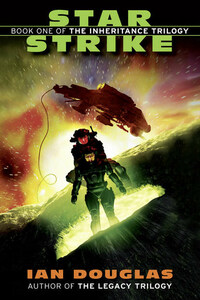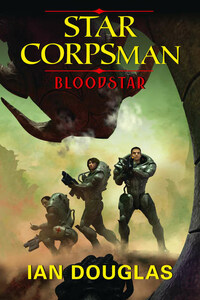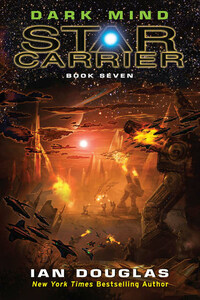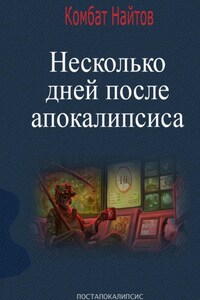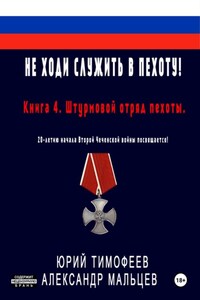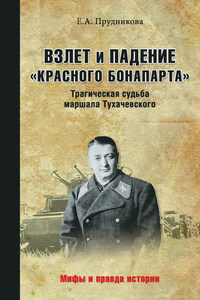Keep it simple. Secure the spaceport. Hold until relieved.
Nothing new there.
Remember your training.
The question was whether the landings would be enough. Alighan was a heavily populated world in the Theocracy of Islam, with over two billion people in the ocean-girdled worldâs teeming cities. The Marine assault force consisted of the four companies of the 55th Marine Aerospace Regimental Strikeforce, a total of five hundred eighty men and women ⦠against an entire world.
True, they were exceptionally well armed and armored men and women, and they seemedâfor the moment at leastâto have the element of surprise. Even so, fewer than six hundred Marines against a population of two billion who would fight to the death and take as many Marines with them as they could.
Impossible.
Ridiculously impossible.
But the United Star Marines specialized in the impossible, as they and their predecessors had done for the past eleven hundred years â¦
Deep within the star clouds of the Second Galactic Spiral Arm, a sentient machine detected the blue-white shriek of tortured hydrogen atoms, and a program hundreds of thousands of years ancient switched from stand-by to active. Something was out there ⦠something massive, something moving at very nearly the speed of light.
Even the hardest interstellar vacuum contains isolated flecks of matterâhydrogen atoms, mostly, perhaps one per cubic centimeter or so. The objectâs high-speed passage plowed through these atoms, ionizing many, leaving a boiling hiss in its wake easily detectable by appropriately sensitive instrumentation. The disturbance was a kind of wake, created by a mass of some hundreds of millions of tons plowing through the tenuous matter of the interstellar void at near-c.
The sentry machine had taken up its lonely vigil half a million years before, during the desperate and no-quarter war of extermination against the Associative, a war that had laid waste to ten thousand suns and countless worlds scattered across a third of the Galaxy. Occasionally, it conversed with others of its kindâa means of staying sane through the millenniaâbut for most of its existence it had been asleep, dreaming the eldritch dreams of a being neither wholly mechanism, nor wholly biological.
The builders of the Sentry called themselves something that might have translated, very approximately, as âWe Who Are.â Other species across light centuries of space and hundreds of millennia called them many other things. The inhabitants of Earth, once, had called them âXul,â a name that in ancient Sumeria had come to mean âdemon.â
A far older civilization had called them the Hunters of the Dawn.
However they were known to themselves or to others, how they were identified was less important for their view of themselves than was their evolutionary imperative, the drive, refined over millions of years, that made them what they were. For the Xul, existenceâmore, survivalâwas an absolute, the defining characteristic of their universe. In their worldview, survival meant eliminating all potential competition. Their culture did not have anything like religion, but if it had, their religion would have been a kind of Darwinian dogmatism, with the fact that they had so far survived serving as proof that they were, indeed, the fittest.
For the Xul, the first requirement for continued survival was the detection and identification of potential threats to existence. An object with the mass of a fair-sized asteroid traveling through the Galaxy at near-c velocities indicated both sentience and a technology that might represent a serious threat.
With an analytical detachment more characteristic of the computers in its ancestry than of organic beings, the Sentry tracked the disturbance through local space. A ripple twisted the fabric of space/time, and the Sentry shifted across light-years, emerging alongside the massive object, traveling at precisely the objectâs velocity.
At this speed, a hairâs breadth short of the speed of light itself, the universe appeared weirdly and beautifully compressed, a ring of solid starlight encircling the heavens slightly ahead of the hurtling vessels. With the patient calm of a lifespan measured in millennia, the Sentry reached out with myriad senses, tasting the anomalous traveler.
